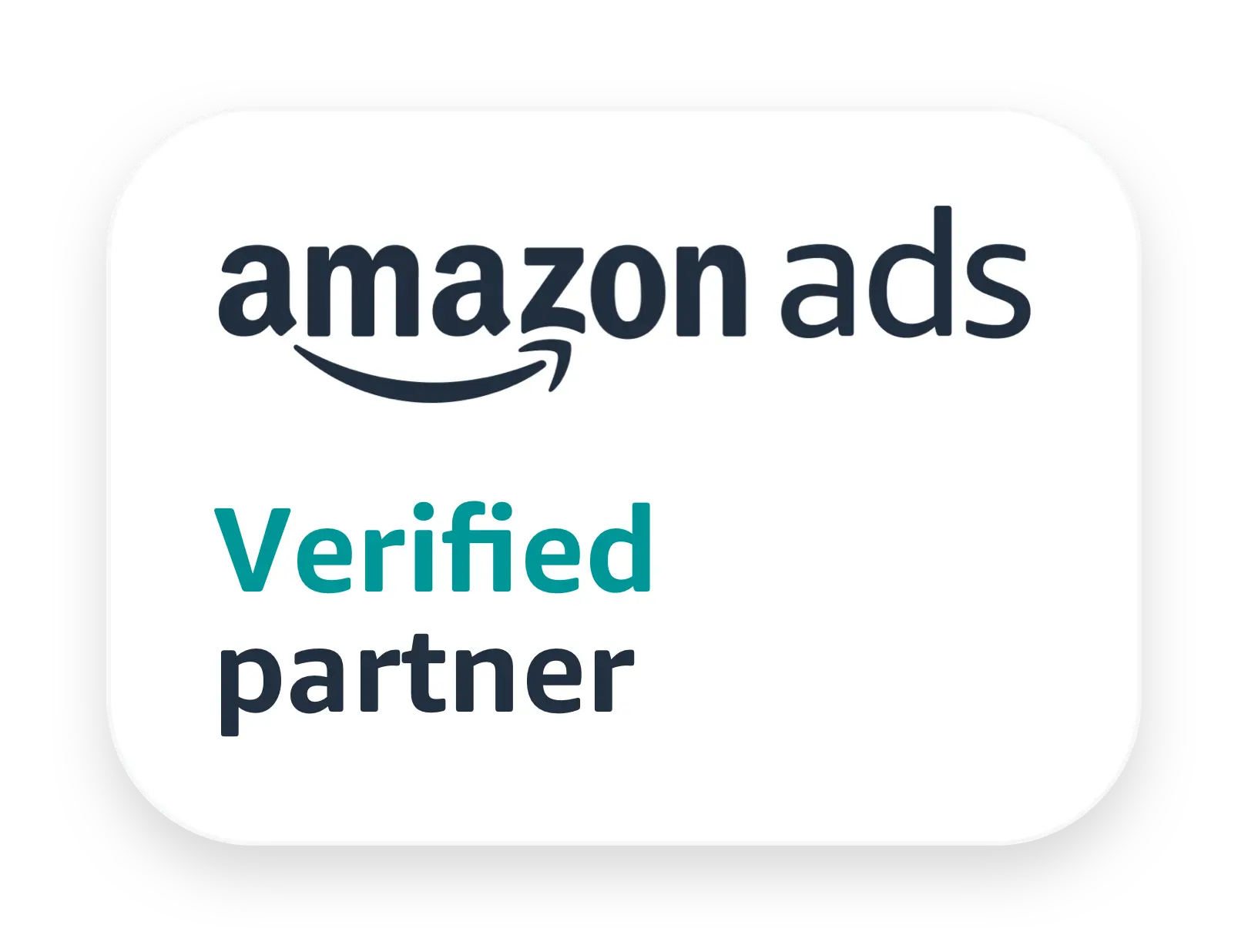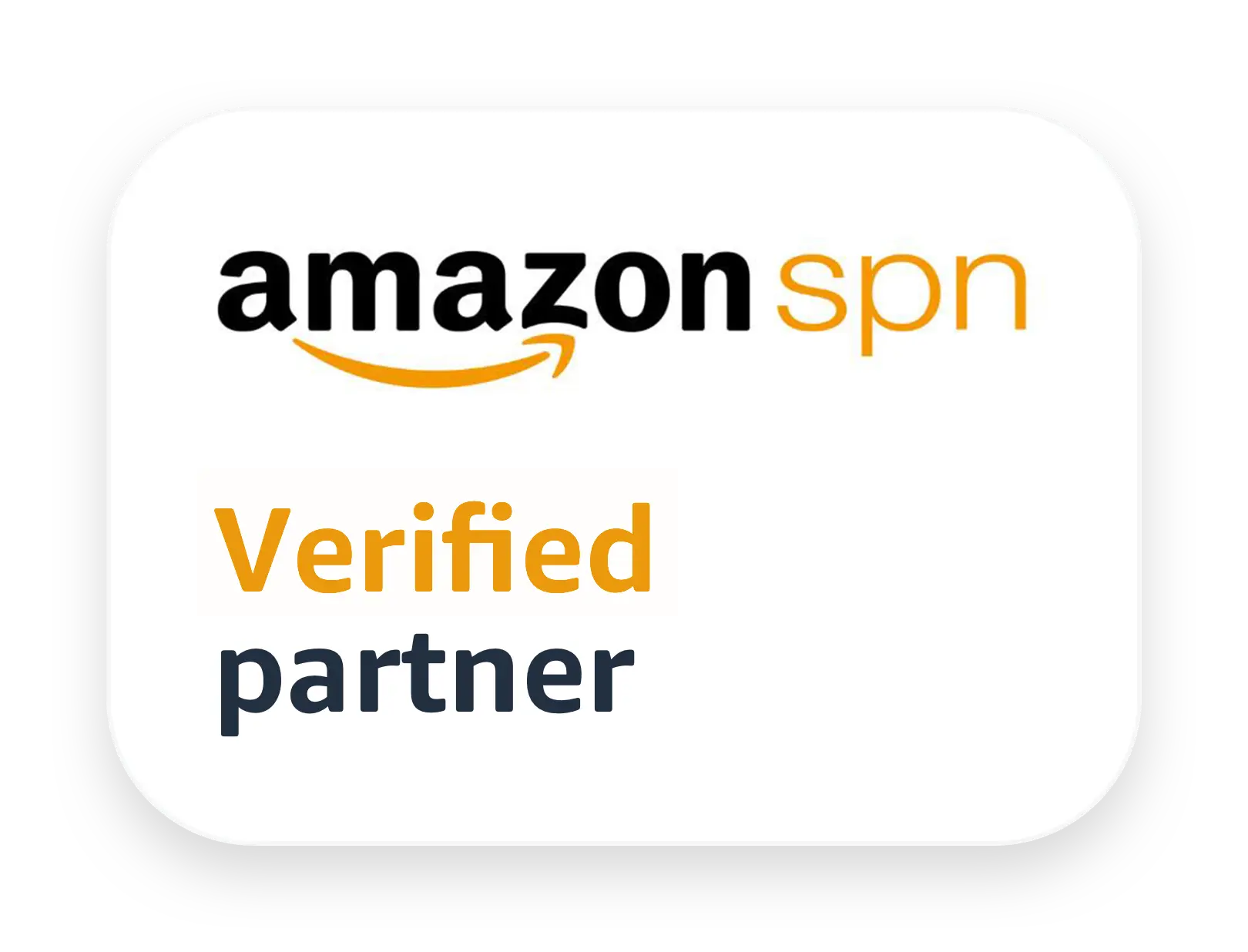Let’s be real, running an Amazon FBA business is a lot like juggling flaming chainsaws while riding a unicycle. You’re constantly trying to keep sales up, inventory in check, and customer reviews glowing. Amidst all this, one tiny acronym can make or break your success: PPC. And no, I’m not talking about “Pretty Pink Cats,” though those are adorable. I’m talking about Pay-Per-Click advertising.
Navigating the complex world of Amazon PPC can feel like trying to find a needle in a haystack, blindfolded. It’s a beast of its own, with its unique algorithms and strategies. If you’re scratching your head wondering how to get your products seen by the right customers without emptying your wallet, then it’s time we talked about finding a true Amazon PPC wizard.
Why You Need an Amazon PPC Expert?
You might be thinking, “Can’t I just do this myself?” And sure, you could. But just like you could probably fix your own leaky faucet, there’s a good chance you’d end up with a flooded kitchen. An Amazon PPC expert is a specialist, someone who lives and breathes Amazon’s advertising platform. They understand the nuances that can turn a struggling campaign into a sales-generating machine.
Think of it this way: Amazon’s marketplace is crowded. Really crowded. Every day, new sellers pop up, all vying for those precious top spots in search results. Without a smart PPC strategy, your amazing product might just get lost in the shuffle. An expert helps your products stand out. They know how to target the right audience, optimize your spending, and ultimately, boost your sales and profits. They can save you a ton of time and money by avoiding common mistakes and finding hidden opportunities. It’s like having a secret weapon in your corner, helping you win the Amazon advertising battle.
Key Skills to Look For While Finding a PPC Expert for Your Amazon
When you’re on the hunt for your Amazon PPC sensei, you need to know what superpowers they should possess. Not all heroes wear capes, but the best PPC experts definitely wear their expertise proudly. Here’s a rundown of the essential skills that separate the good from the truly great.
Deep Amazon PPC Expertise
This is a no-brainer. Your chosen expert should be a master of all things Amazon advertising. This means they’re not just familiar with Sponsored Products, which are the most common type of Amazon ad. They should also be proficient in Sponsored Brands, which can help you build brand recognition, and Sponsored Display ads, perfect for remarketing to shoppers who’ve already shown interest in your products. A true pro will understand how all these ad types work together to create a holistic and effective advertising strategy. They’ll know the ins and outs of each campaign type, and how to leverage them for different goals.
Strong Keyword Research
Keywords are the backbone of any successful PPC campaign. Without the right keywords, your ads might as well be invisible. A top-notch Amazon PPC expert has a knack for identifying high-performing, relevant keywords that are specifically tailored for Amazon FBA businesses. This isn’t just about finding popular words; it’s about finding words that genuinely lead to sales. They’ll dig deep to uncover both broad and long-tail keywords, understanding search intent and competition. They’ll know how to find those hidden gems that your competitors might be overlooking, giving you a competitive edge.
Metrics-Driven Optimization
Numbers don’t lie, and a great PPC expert is a data wizard. They’re obsessed with analyzing and optimizing key metrics to ensure your campaigns are performing at their peak. We’re talking about ACoS (Advertising Cost of Sale), which tells you how much you’re spending to make a sale, and TACoS (Total Advertising Cost of Sale), which gives a broader view of your advertising impact on total sales. They’ll also keep a close eye on CTR (Click-Through Rate), conversion rates, and ROAS (Return on Ad Spend). They don’t just look at these numbers; they use them to make informed decisions and constantly tweak your campaigns for better results.
Strategic Bid Management
Bidding is an art form in Amazon PPC. Your expert needs to be a master of adjusting bids dynamically to maximize ROI while also managing budgets effectively. They’ll know when to go aggressive, when to pull back, and how to make every penny count. This isn’t about setting it and forgetting it; it’s about constant monitoring and strategic adjustments based on performance and market conditions. They’ll understand the different bidding strategies Amazon offers and how to apply them to your specific goals.
Understanding of Amazon’s A9 Algorithm
Amazon’s A9 algorithm is like the secret sauce behind its search rankings. While it’s primarily for organic rankings, understanding it is crucial for PPC. An expert who knows the A9 algorithm can strategically use PPC to improve both ad placements and organic rankings. When your ads perform well, it can signal to Amazon that your product is relevant and popular, which can indirectly boost your organic visibility over time. They’ll leverage this synergy to get you double the bang for your buck.
Experience with Amazon PPC Tools
While raw skill is important, the right tools can make a huge difference. Your expert should be comfortable navigating the Amazon Advertising Console itself, but also have experience with other powerful Amazon PPC tools like Helium 10, Jungle Scout, Scale Insights, and Data Dive. These tools provide deeper insights, automate tasks, and help identify opportunities that manual analysis might miss. They’re not just using them; they’re extracting actionable insights from them.
Clear Reporting and Collaboration
You’re investing in an expert, and you deserve to know what’s going on. A good PPC specialist will provide actionable insights, transparent reports, and regularly communicate performance and strategies. They won’t just send you a bunch of confusing spreadsheets. They’ll explain what the numbers mean, what they’re doing about it, and what results you can expect. They’ll be a partner in your business, not just a service provider. Open and honest communication is key to a successful partnership.
Where to Find Amazon PPC Experts
Now that you know what to look for, where do you actually find these magical Amazon PPC experts? It’s not like they’re just hanging out in the local coffee shop, sipping lattes and waiting for your call (though that would be convenient!). Here are some of the best hunting grounds:
- Freelance Platforms: Websites like Upwork, Fiverr, and Freelancer are brimming with talent. You can post a job, review profiles, and even conduct interviews. The key here is to be very specific about your needs.
- Specialized Agencies: Many agencies focus solely on Amazon PPC. These often come with a higher price tag but can offer a team of experts and robust processes. They often have a proven track record and established methodologies.
- Referrals: The best way to find anyone good is often through word-of-mouth. Ask other Amazon sellers in your network if they have recommendations. A trusted referral can save you a lot of vetting time.
- Amazon Seller Forums and Groups: Online communities for Amazon sellers (Facebook groups, Reddit forums, etc.) are great places to ask for recommendations or even find experts actively participating and sharing knowledge.
- LinkedIn: A professional networking site like LinkedIn can be a goldmine. You can search for “Amazon PPC expert” and connect with individuals or agencies directly.
No matter where you look, remember to do your due diligence. Don’t just pick the first person you find. Take your time to explore your options.
The Vetting Process: How to Choose Wisely
So, you’ve got a few potential candidates. Great! But how do you pick “the one”? This is where the vetting process comes in. It’s like going on a few dates before committing to a long-term relationship. You want to make sure they’re a good fit for your business.
Review Portfolios & Case Studies
This is your first deep dive. Ask for examples of their past work. You want to look for specific examples of ACoS reduction, sales increases, and successful campaign launches. Don’t just take their word for it; see the numbers! Also, verify the relevance of their experience to your business. If they’ve only worked with book sellers and you sell outdoor gear, their expertise might not be a perfect match. Look for results that resonate with your goals.
Check Client Testimonials & Reviews
Happy clients are a good sign. Look for consistency and authenticity in their testimonials. Are they detailed and specific, or just vague praise? If possible, contact references they provide. A quick chat with a past client can give you invaluable insights into their working style, communication, and overall effectiveness. This step can reveal a lot about their reliability and professionalism.
Conduct Thorough Interviews
This is your chance to really grill them (in a nice way, of course!). Prepare a list of questions that go beyond the surface.
Key Interview Questions:
- “Describe your typical Amazon PPC strategy.” You want to hear about their overall approach, not just tactical details.
- “How do you approach keyword research for a new product?” Listen for their process and the tools they use.
- “What’s your process for optimizing bids and budgets?” This will tell you how hands-on and strategic they are.
- “How do you handle underperforming campaigns?” Everyone has campaigns that don’t hit the mark; it’s how they react that matters.
- “What reporting tools do you use, and how often do you report?” Clear communication is key.
- “How do you stay updated with Amazon’s changes?” Amazon is always evolving; your expert needs to keep up.
- “What’s your experience with [your specific product category]?” This is where niche expertise can shine.
Consider a Paid Trial Project
Sometimes, the best way to know if someone is a good fit is to actually work with them. A small, defined project can be incredibly insightful. It allows you to assess their skills and working style without committing to a long-term contract. For example, you could hire them to optimize one specific campaign for a month. This “test drive” can save you a lot of headaches down the line if it turns out they’re not a good match.
Red Flags to Watch Out For While Hiring PPC Expert for Amazon
Just like in any relationship, there are some warning signs you should never ignore. When you’re looking for an Amazon PPC expert, keep an eye out for these red flags:
- Guaranteed Results (Especially Unrealistic Ones): If someone promises you’ll triple your sales overnight with no effort, run! No one can guarantee specific sales figures, especially in the volatile world of online advertising.
- Lack of Transparency: If they’re vague about their strategies, unwilling to share data, or don’t provide clear reports, that’s a big no. You need to know what they’re doing with your money.
- One-Size-Fits-All Approach: Every Amazon business is unique. If they propose the exact same strategy for you as they do for everyone else, they’re probably not truly customizing their approach to your needs.
- Poor Communication: If they’re slow to respond, don’t answer your questions clearly, or seem generally uninterested in communicating, it’s a sign of future problems.
- Lack of Specific Experience: If they can’t provide relevant case studies or talk about specific results, they might not have the experience you need.
- Overly Cheap Rates: While a bargain can be tempting, extremely low rates often indicate a lack of experience or a low-quality service. Remember, you usually get what you pay for.
- No Clear Process: If they don’t have a structured approach to keyword research, bid management, and optimization, it suggests disorganization.
Trust your gut feeling. If something feels off, it probably is. It’s better to take your time and find the right person than to rush into a bad partnership.
Conclusion
Finding the perfect Amazon PPC expert isn’t just about checking boxes. It’s about finding someone who understands your business, speaks your language, and knows how to turn clicks into sales. With the right expert, your ad spend becomes an investment—not an expense.
Take your time. Ask the right questions. Start small if needed, and always trust the data.




